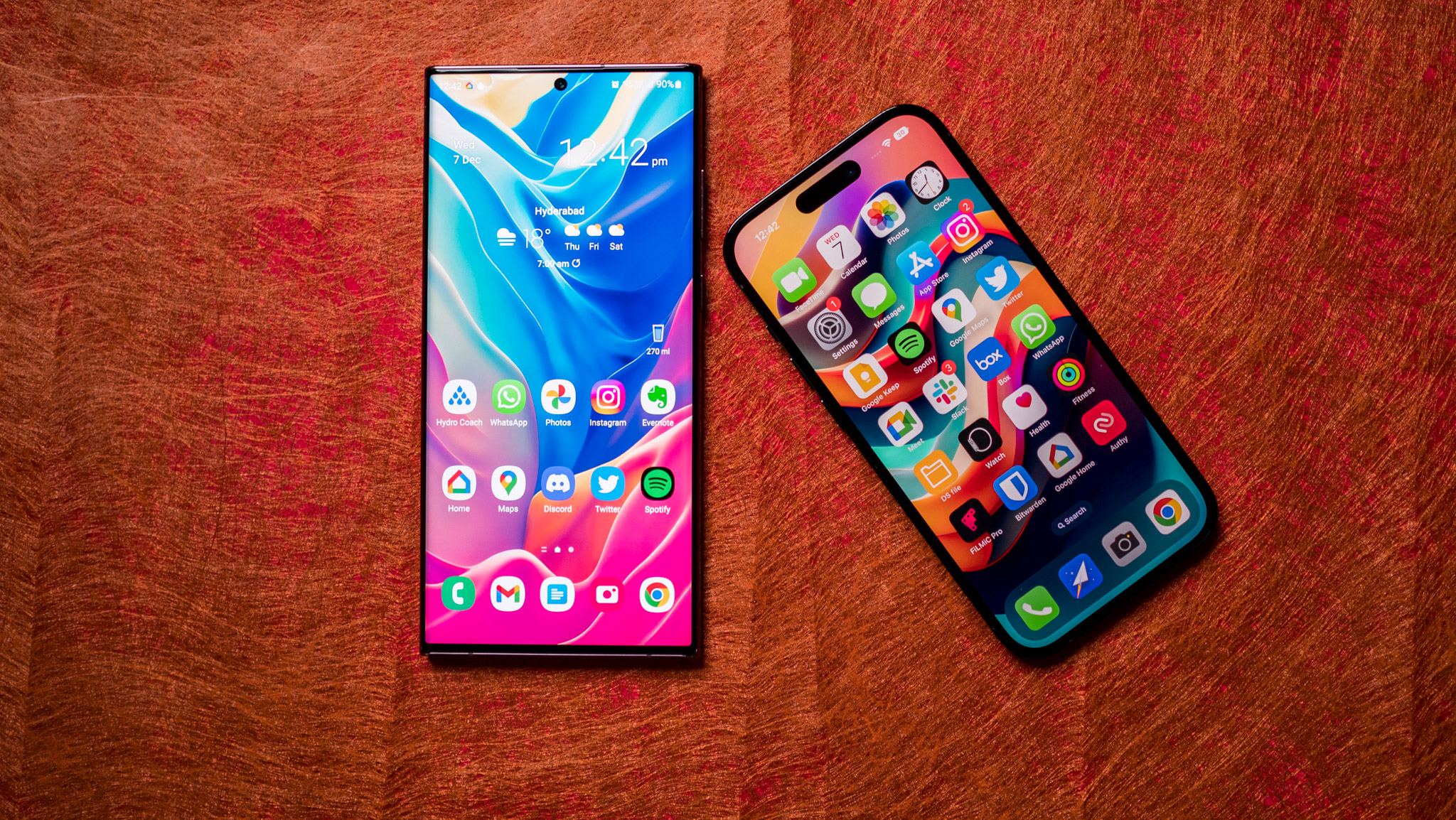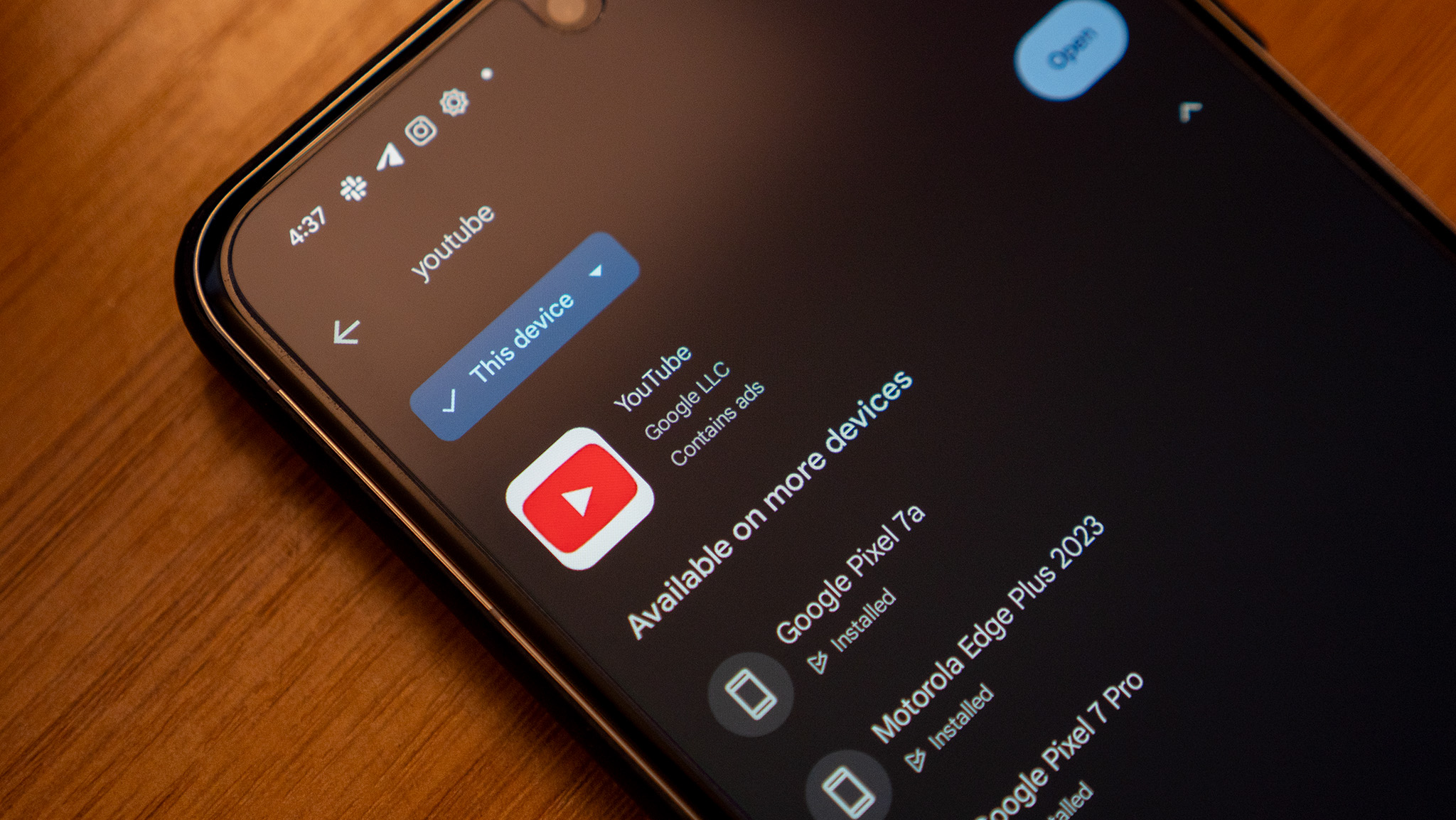It looks like Apple may follow Android's example and finally allow sideloading
Opening the floodgates.

Get the latest news from Android Central, your trusted companion in the world of Android
You are now subscribed
Your newsletter sign-up was successful
What you need to know
- Apple is reportedly preparing to open its platform to third-party app stores and sideloading.
- The move follows the EU's Digital Markets Act, which mandates that companies allow consumers to download from third-party app stores.
- This would allow apps to circumvent the 30% app store tax Apple charges developers.
- Apple has yet to decide what it will do with iMessage.
Apple is apparently getting ready to open the gates to its walled garden as it prepares to allow third-party app stores on its iOS platform.
Sources close to the matter informed Bloomberg of Apple's plans, which would comply with the Digital Markets Act (DMA), a law that essentially requiring platforms to allow consumers to download apps from third-party sources. This is something that Android has long offered and has been a point of contention for developers who have to fork over as much as 30% of their app revenue to Apple for using the app store.
Most recently, Twitter relaunched its Blue subscription with a $3 price hike for iOS users following Elon Musk's revelation that Apple imposes a "secret" tax on in-app purchases.
According to Bloomberg, Apple is putting considerable resources behind this upcoming overhaul, with employees "engaged in a major push to open up key elements of Apple's platforms." The change could happen as soon as next year with the launch of iOS 17. This would ensure Apple's compliance with the Digital Markets Act ahead of the 2024 deadline imposed on companies.
The Digital Markets Act was passed in the EU earlier this year, although its app store policies would not necessarily apply to everyone. As such, Bloomberg expects Apple's upcoming overhaul would only go into effect in Europe while the rest of the world has to play by Apple's rules. That is until other countries pass similar laws, which could end up happening.
Apple has always cited safety as the reason it has not allowed consumers to download apps from anywhere but the App Store. However, Android Central's Jerry Hildenbrand suspects that money is the biggest reason, as this would allow developers to avoid the App Store tax. However, he points out why Google and Apple's app stores are just as important as allowing third-party downloads as they enforce privacy and safety rules that developers must abide by.
Bloomberg notes that Apple is "discussing the idea of mandating certain security requirements even if software is distributed outside its store." This could be Apple's way of gaining revenue from this move, as it would likely incur a fee.
Get the latest news from Android Central, your trusted companion in the world of Android
This isn't the only big change in store for Apple. In addition to app store mandates, Apple is also gearing up to introduce USB-C to its iPhone lineup, resulting from another EU law requiring the charging port on new devices launching in 2024.
One matter that Apple is apparently holding back on is iMessage. Cupertino has been adamant about not opening up its messaging platform (RCS anyone?) despite the DMA requiring that messaging apps be interoperable with third-party services. According to Bloomberg, Apple has yet to make a decision on this aspect of the DMA.

Derrek is the managing editor of Android Central, helping to guide the site's editorial content and direction to reach and resonate with readers, old and new, who are just as passionate about tech as we are. He's been obsessed with mobile technology since he was 12, when he discovered the Nokia N90, and his love of flip phones and new form factors continues to this day. As a fitness enthusiast, he has always been curious about the intersection of tech and fitness. When he's not working, he's probably working out.
